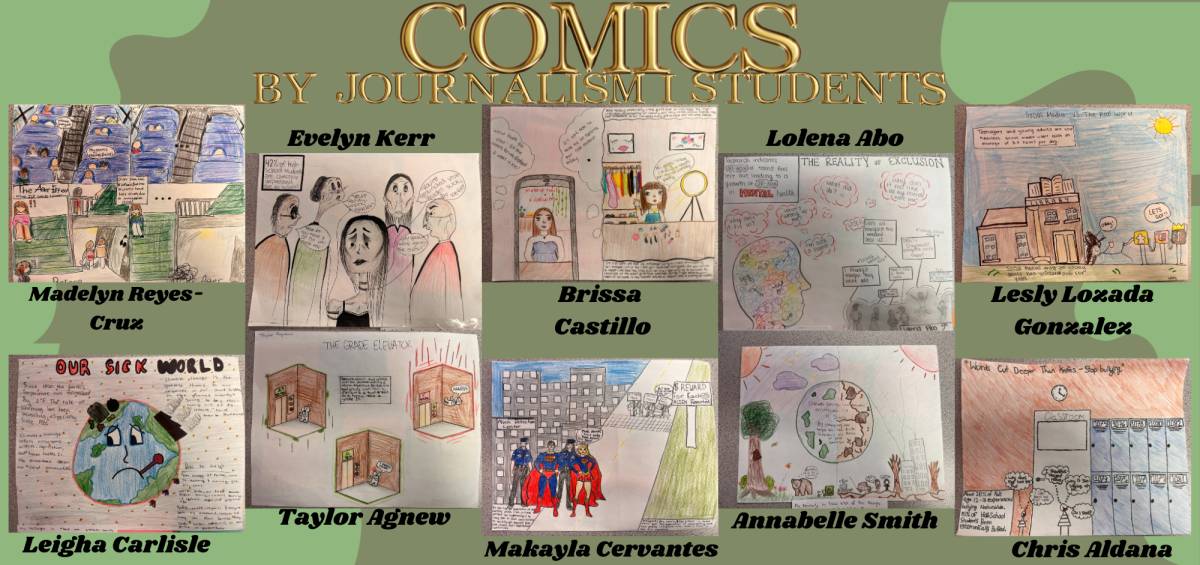I don’t remember the exact search that started the rabbit hole, I only know that it ended with me finding a clip of a musical I’d never seen before. In the scene I’d found, the stage was empty of props save for a piano, and there was a man dressed all in white sitting on top of the piano, passionately singing while a small boy in red scribbled music notes down on staff paper. I couldn’t tell what it was they were saying — the lyrics were in German.
The idea that musical theater would be popular outside the U.S. was not a new thought for me — I knew there had been productions of Phantom of the Opera, Les Miserables, and others abroad — but I’d never thought about non-adaptational theater. Despite Broadway shows often finding themselves in other countries, Broadway did not invite non-English shows onto its stages. There was a world of creativity and artistic history that I was missing.
Thankfully, a proshot of Mozart! (with official captions) was easy to find and I was able to watch it in its entirety.

Mozart! is an Austrian, German-language musical about Wolfgang Amadeus Mozart (Oedo Kuipers) that follows him from his child-prodigy years to his premature death as an accomplished, yet tormented, composer. Along the way, the audience witnesses the decline of his relationship with his father (Thomas Borchert), the strained connection with his sister (Barbara Obermeier), and his complicated marriage with his wife, Constanze (Franziska Schuster).
I think it’s important to preface that not everything makes sense, and that’s okay. Translation is tricky, and the transcriber is often stuck between expressing literal or figurative meaning. Further, all art is framed by experiential context. When you watch a story set in your home country, you have a fundamental understanding of cultural quirks or habits. Think about figures of speech, idioms, or non-literal expressions — those phrases are built off shared cultural history, and are therefore hard to explain or adapt for people who don’t share those same touchstones.
This difficulty is further compounded by the medium of musical theater. Songwriting and lyrics do not follow language conventions because they are focused on communicating emotional ideas rather than tangible ones.
All of this to say, there is something lost in translation. The lyrics of Mozart! made sense, but there are some emotional or metaphorical meanings that I simply do not recognize because I don’t speak German — that’s okay.
I was still immersed in the story and the score (written by famed European team Sylvester Levay and Michael Kunze). The performance of the actors alongside the music was able to effectively communicate the feelings of the piece, the ideas described were still evocative even if their original artistry was dampened.
The direction of the musical aided in this communication as well. Characters who represent social change or artistic ingenuity are dressed in contemporary clothes compared to those who are fully settled within the time of the piece. The bare bones stage allows for the focus to truly be on music and the maddening beauty of creation — it’s as though the audience gets to exist in Mozart’s mind while also getting to witness his ascension through the eyes of a bystander.
Through this lens, the audience is able to connect with what Mozart’s music originally represented. While now orchestral songs seem aged, Mozart! demonstrates how Wolfgang revolutionized music within his brief career and brought innovation to composition.
The soundtrack also boasts several earworms that further prove the impact of the bombastic, over-the-top score. It’s compelling, compulsive, entertaining, different, and you don’t have to understand fully in order to enjoy it entirely.
9/10 would experiment on a piano again
Further breakdown:
Writing Quality: 9/10 Enjoyability: 10/10
Pace: 9/10 Visual elements: 10//10
Plot development: 8/10 Insightfulness: 8/10
Characters: 9/10



